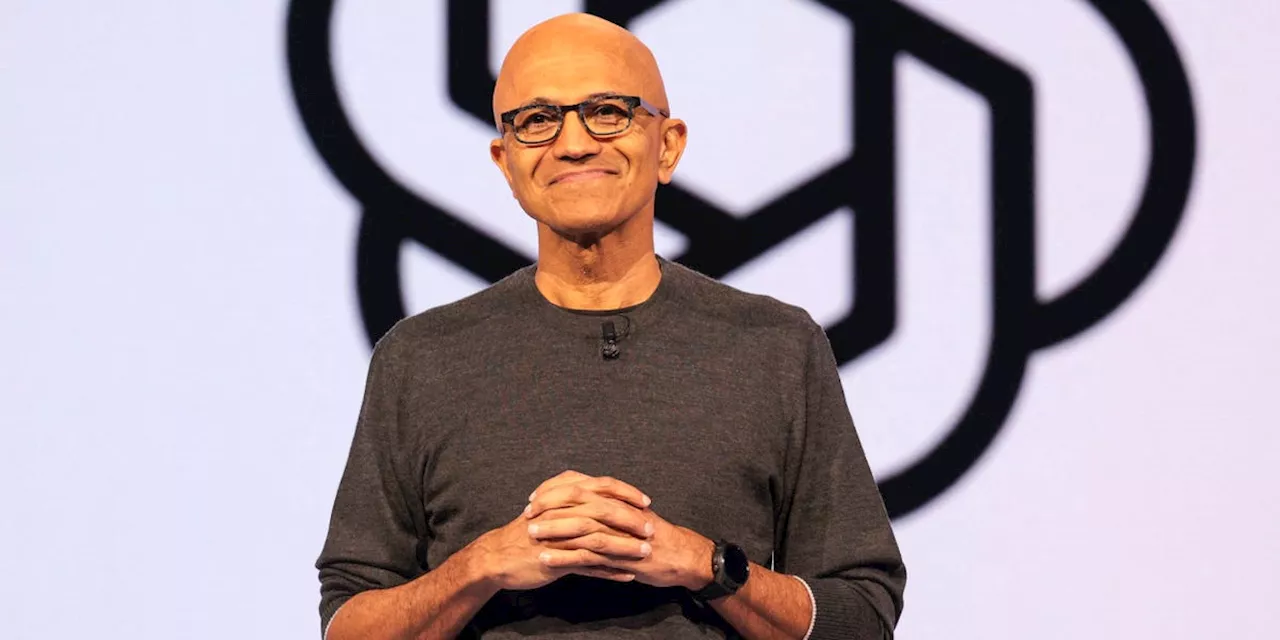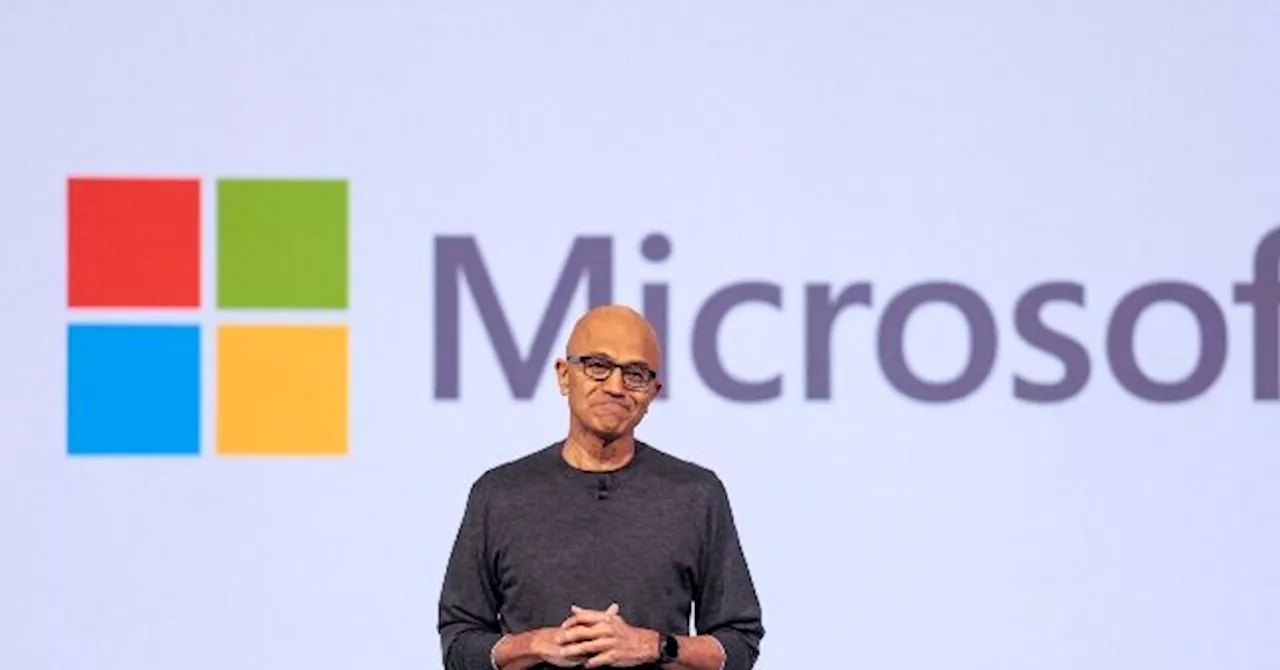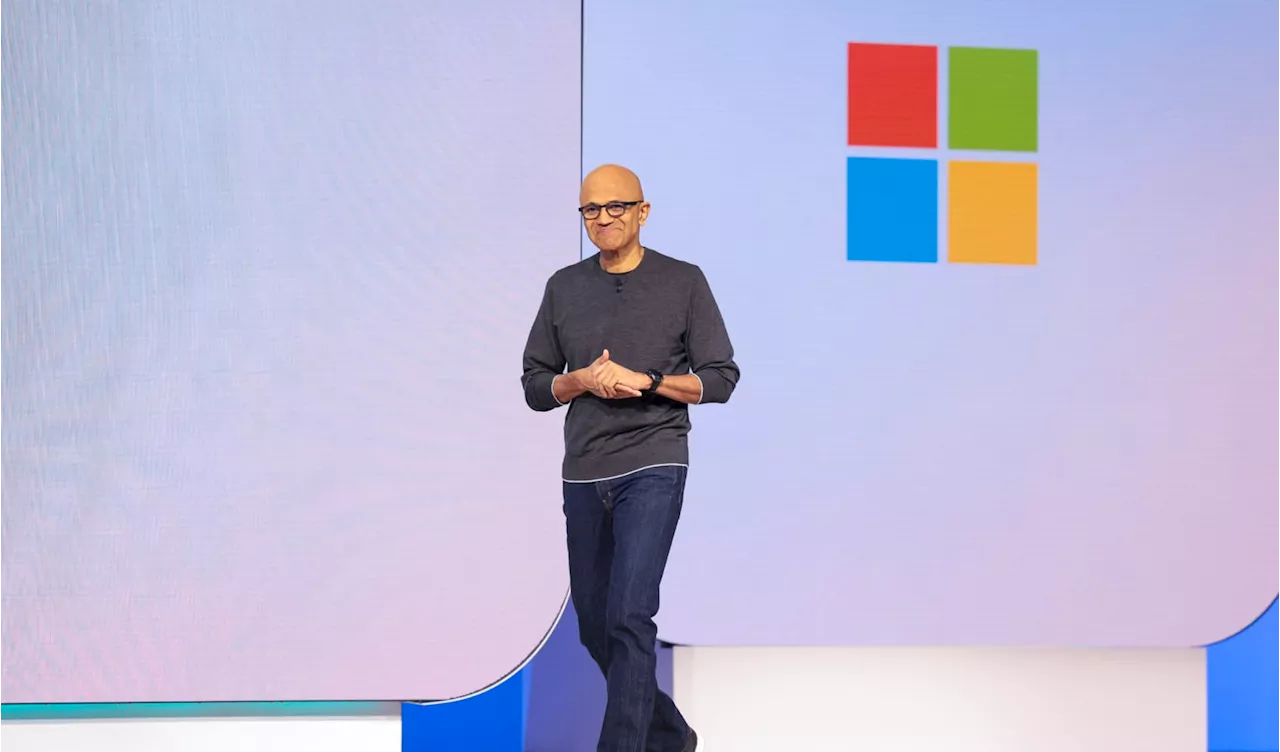Engineers may face job shifts as AI advances. A recent study suggests automation’s effects will vary by field.
For the engineering profession, which has long been seen as the engine of innovation, the AI revolution poses a dilemma: Will generative AI come for their jobs? The artificial intelligence ecosystem, with its code-writing assistants and AI-powered design tools, is quickly taking over jobs previously limited to human engineering practitioners. The question remains: should one be worried?
A job’s score would be greater if AI were highly competent at an activity that is essential to that occupation. The score would be lower if AI could only handle specialised or small portions of a work. The study quantifies this by ranking professions according to how much generative AI support they receive.The findings clearly show a difference between manual and knowledge labour.
However, the researchers caution that “applicability” does not equal immediate automation. Just because an AI can do parts of a job doesn’t mean an entire occupation can be handed to the machines. In fact, they explicitly note that their data “do not indicate that AI is performing all of the work activities of any one occupation.” This warning is particularly pertinent to engineering work, which frequently blends jobs that are easily automated with those that are still exclusively human.
However, the AI applicability score is more modest for traditional engineering fields, including mechanical, civil, electrical, and aerospace engineering. The study gave the broad category of “Architecture and Engineering occupations” a mid-range score , which is about half as exposed as the top-ranked computer-focused jobs. These engineers undoubtedly use software and deal with data, but a significant amount of their work involves the physical world, an area in which current AI is limited.
Information gathering is AI’s most common use case for engineers. AI is being used to research technical specifications, gather data about products and services, and keep engineers informed about new developments. This reflects AI’s strength as an advanced search and synthesis tool that can distill large volumes of technical information.
Similarly, visual design and creative tasks showed poor AI performance. Activities like “creating visual designs,” “arranging displays,” and “developing models of systems” consistently ranked at the bottom of user feedback scores. This suggests that spatial reasoning, aesthetic judgment, and complex visual problem-solving remain distinctly human capabilities.
From a risk perspective, this means that rather than being completely replaced by AI, engineers who use AI as a tool will probably perform better than those who don’t. Naturally, the downside is that companies may feel they need fewer engineers overall if one engineer with AI can perform the tasks of two engineers without AI. This efficiency advantage could result in job layoffs in a purely economic sense.The impact of these AI adoption patterns extends far beyond individual productivity gains.
Ai Chatbots AI-Driven Automation Artificial Intelligence Engineering Engineers
United States Latest News, United States Headlines
Similar News:You can also read news stories similar to this one that we have collected from other news sources.
 How much Microsoft pays engineers, PMs as AI talent wars intensifyBusiness Insider tells the global tech, finance, stock market, media, economy, lifestyle, real estate, AI and innovative stories you want to know.
How much Microsoft pays engineers, PMs as AI talent wars intensifyBusiness Insider tells the global tech, finance, stock market, media, economy, lifestyle, real estate, AI and innovative stories you want to know.
Read more »
 Report: Microsoft’s Chinese Engineers Access Pentagon Systems with Minimal Oversight from ‘Digital Escorts’Source of breaking news and analysis, insightful commentary and original reporting, curated and written specifically for the new generation of independent and conservative thinkers.
Report: Microsoft’s Chinese Engineers Access Pentagon Systems with Minimal Oversight from ‘Digital Escorts’Source of breaking news and analysis, insightful commentary and original reporting, curated and written specifically for the new generation of independent and conservative thinkers.
Read more »
 Experts demand investigation into Microsoft’s alleged use of Chinese engineers to maintain DOD systemsPolitical News and Conservative Analysis About Congress, the President, and the Federal Government
Experts demand investigation into Microsoft’s alleged use of Chinese engineers to maintain DOD systemsPolitical News and Conservative Analysis About Congress, the President, and the Federal Government
Read more »
 Microsoft Uses Chinese Engineers to Maintain U.S. Defense Systems, Raising Security ConcernsA ProPublica investigation reveals that Microsoft employs Chinese engineers to maintain sensitive U.S. Department of Defense computer systems with minimal supervision from American personnel. This practice, deemed crucial for securing Pentagon cloud computing contracts, raises concerns about potential espionage and hacking by China.
Microsoft Uses Chinese Engineers to Maintain U.S. Defense Systems, Raising Security ConcernsA ProPublica investigation reveals that Microsoft employs Chinese engineers to maintain sensitive U.S. Department of Defense computer systems with minimal supervision from American personnel. This practice, deemed crucial for securing Pentagon cloud computing contracts, raises concerns about potential espionage and hacking by China.
Read more »
 Tom Cotton: Department of Defense Must Investigate Microsoft’s Usage of Chinese Engineers in Pentagon SystemsSource of breaking news and analysis, insightful commentary and original reporting, curated and written specifically for the new generation of independent and conservative thinkers.
Tom Cotton: Department of Defense Must Investigate Microsoft’s Usage of Chinese Engineers in Pentagon SystemsSource of breaking news and analysis, insightful commentary and original reporting, curated and written specifically for the new generation of independent and conservative thinkers.
Read more »
 Microsoft stops relying on Chinese engineers for Pentagon cloud supportThe change follows a ProPublica report that outlined how Microsoft’s use of Chinese engineers left U.S. defense clients vulnerable to cybersecurity risks.
Microsoft stops relying on Chinese engineers for Pentagon cloud supportThe change follows a ProPublica report that outlined how Microsoft’s use of Chinese engineers left U.S. defense clients vulnerable to cybersecurity risks.
Read more »
